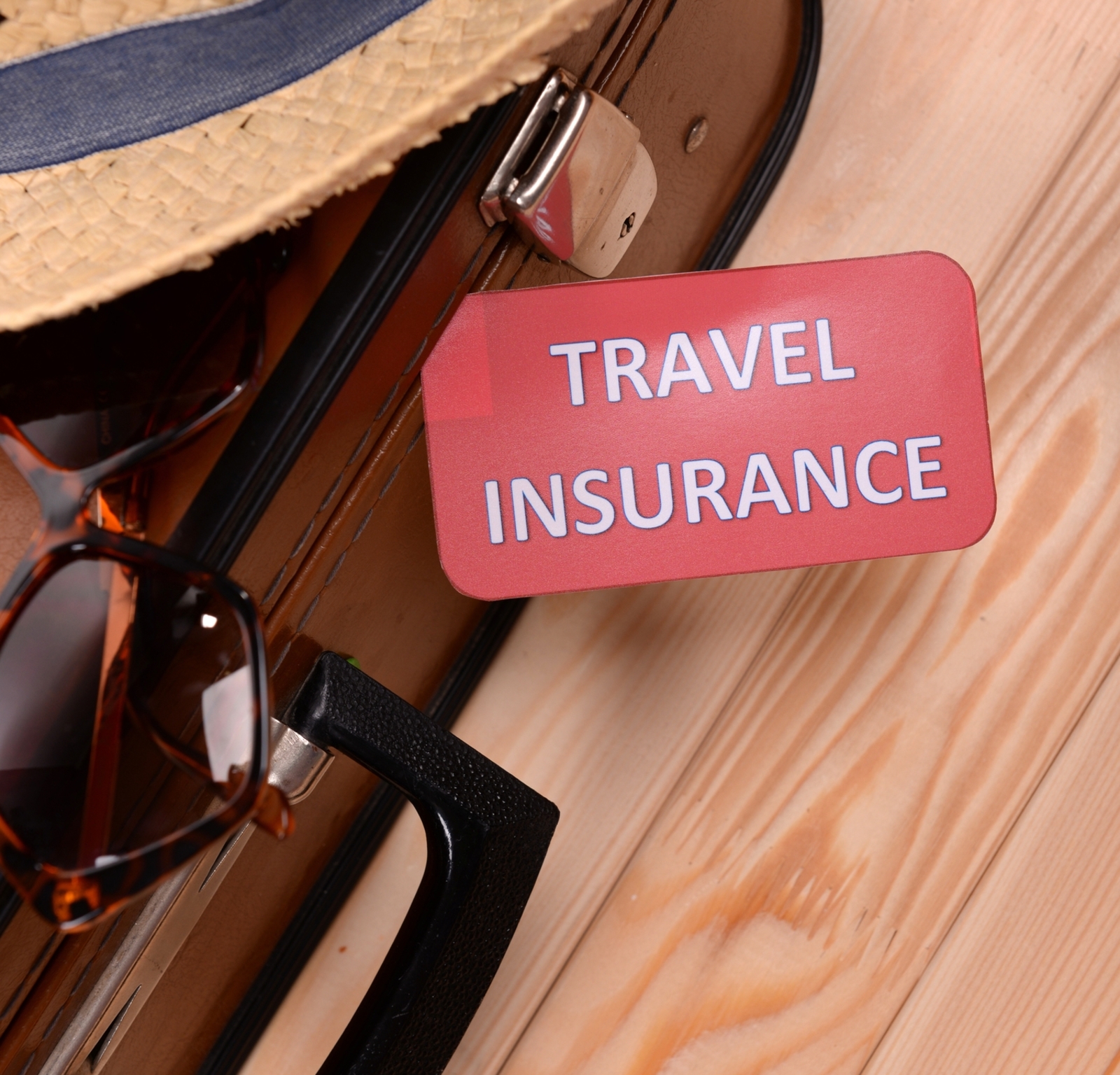
Domestic vs. International Travel Insurance: What’s the Difference?
Travel insurance is a crucial consideration for anyone planning a trip, whether it’s a quick weekend getaway or a month-long adventure abroad. Understanding the differences between domestic and international travel insurance can help ensure travelers are adequately protected, no matter where their journey takes them. Both types of insurance offer unique benefits tailored to the specifics of the trip, but knowing when to choose one over the other can be a bit of a puzzle. Let’s dive into the key differences and what travelers need to consider.
1. Coverage scope
When it comes to domestic travel insurance, the coverage is generally limited to incidents that occur within the traveler’s home country. This can include trip cancellations, delays, or interruptions due to unforeseen circumstances like severe weather or personal emergencies. On the other hand, international travel insurance extends its protection to incidents that happen outside the traveler’s home country. This often includes medical emergencies, evacuation, and even repatriation, which are crucial for travelers heading to countries with different healthcare systems.
2. Medical coverage
One of the primary reasons travelers opt for international travel insurance is the medical coverage it provides. Domestic travel insurance typically doesn’t offer extensive medical benefits, as travelers can usually rely on their existing health insurance plans within their home country. However, international travel insurance often includes comprehensive medical coverage, ensuring travelers have access to necessary medical care while abroad. This can include emergency medical expenses, hospital stays, and even dental care, which can be incredibly costly without insurance in a foreign country.
3. Cost considerations
The cost of travel insurance can vary significantly depending on whether the trip is domestic or international. Domestic travel insurance is generally more affordable, as the risks and coverage requirements are typically lower. International travel insurance tends to be more expensive due to the broader range of coverage it offers, including medical and evacuation services. However, the peace of mind it provides when traveling abroad can be well worth the investment, especially in regions with high healthcare costs or limited medical facilities.
4. Trip duration and frequency
Travelers who frequently embark on international trips might find it beneficial to invest in an annual international travel insurance plan. These plans offer coverage for multiple trips throughout the year, often at a lower cost than purchasing individual policies for each trip. Conversely, domestic travelers might only need coverage for specific trips, making single-trip policies a more economical choice. It’s essential to evaluate travel habits and choose a plan that offers the best value for the traveler’s needs.
5. Destination-specific risks
International travel insurance often includes coverage for destination-specific risks that might not be relevant for domestic travel. For example, travelers heading to regions prone to natural disasters, political unrest, or infectious disease outbreaks can benefit from additional coverage options. These might include trip cancellation due to government travel advisories or coverage for emergency evacuations. Domestic travel insurance, while providing some level of protection, typically doesn’t account for these international-specific scenarios.
In conclusion, choosing between domestic and international travel insurance depends largely on the nature of the trip and the specific needs of the traveler. While domestic travel insurance provides essential coverage for trips within the home country, international travel insurance offers broader protection for those venturing abroad. By understanding the differences and assessing personal travel plans, travelers can make informed decisions to ensure their journeys are as safe and enjoyable as possible. Remember, a little planning goes a long way in protecting both health and wallet while on the road. Safe travels!


